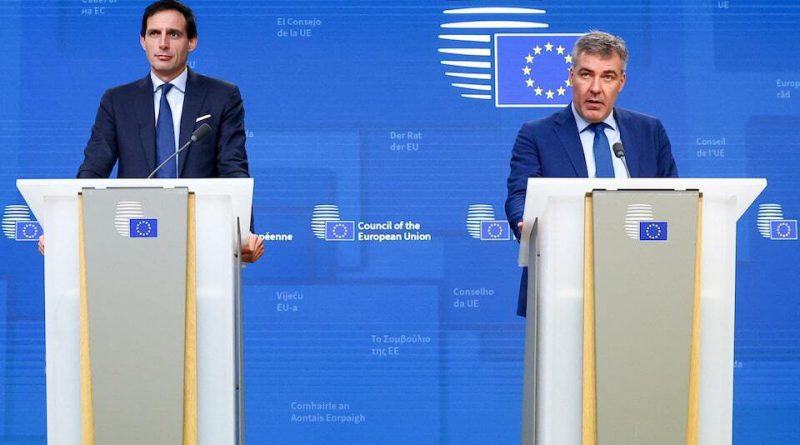EU Reaches Compromise on 2040 Climate Target Ahead of COP30
Brussels – European Union ministers have finalized a renewed framework for emissions targets, seeking to align climate ambition with practical economic realities ahead of COP30.
The updated plan introduces a flexible path toward sustainability by allowing member states to purchase verified foreign carbon credits, designed to help nations meet environmental commitments while fostering global cooperation.
The agreement, reached after weeks of negotiation among climate and economy ministers, is viewed as a balanced milestone in Europe’s long-term journey toward net-zero emissions by 2050.
Officials describe it as a “transitional bridge” — one that preserves momentum toward carbon reduction while recognizing the diverse economic conditions across member states.
The deal reaffirms Europe’s intent to lead the green transition without compromising growth or stability.
Under the new plan, countries will continue reducing domestic emissions but can complement their efforts through international carbon credit exchanges.
These credits will be tied to verified sustainability projects in developing nations, such as forest conservation, renewable energy deployment, and reforestation.
Supporters argue this mechanism not only maintains accountability but also enables a fairer, more inclusive global climate partnership.
Proponents within the European Commission emphasize that flexibility does not mean a rollback of climate ambition. Instead, it introduces adaptability — allowing governments and industries to progress in ways aligned with their economic capabilities.
Policymakers view this as an important evolution in environmental governance, where cooperation replaces rigidity, and long-term results take precedence over symbolic targets.
The framework also aims to reduce tension among member states that have struggled with the cost of transition, particularly in energy-intensive sectors like manufacturing and transport.
By accommodating market-based solutions such as carbon credit trading, the EU hopes to attract private investment and innovation, supporting both green jobs and clean technology expansion.
Environmental groups had initially pushed for stricter domestic cuts, fearing the credit system might slow real emissions reductions.
However, experts note that the success of climate policy depends on achievable implementation, not just aspiration.
The compromise is expected to ensure continuous progress while keeping all nations actively engaged in the collective mission.
Economists see potential benefits for global markets as well. The inclusion of international credits can stimulate funding for developing economies, channeling resources into sustainability projects that otherwise struggle for financing.
This could advance global equity by linking European climate responsibility with international development goals.
Looking ahead, the European Union plans to strengthen verification systems to ensure transparency and prevent misuse of credits.
By combining measurable accountability with economic pragmatism, the deal sets a model that other regions might follow when crafting their own climate strategies.
While the debate over ambition versus realism continues, the new agreement demonstrates that constructive compromise can still drive progress.
With COP30 approaching, the EU’s move is being interpreted as a practical commitment to action — a reminder that sustainability requires not only vision but also balance, collaboration, and consistent delivery.



